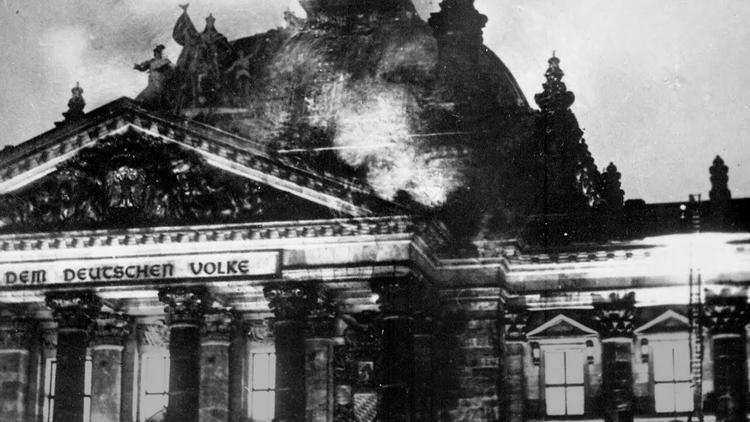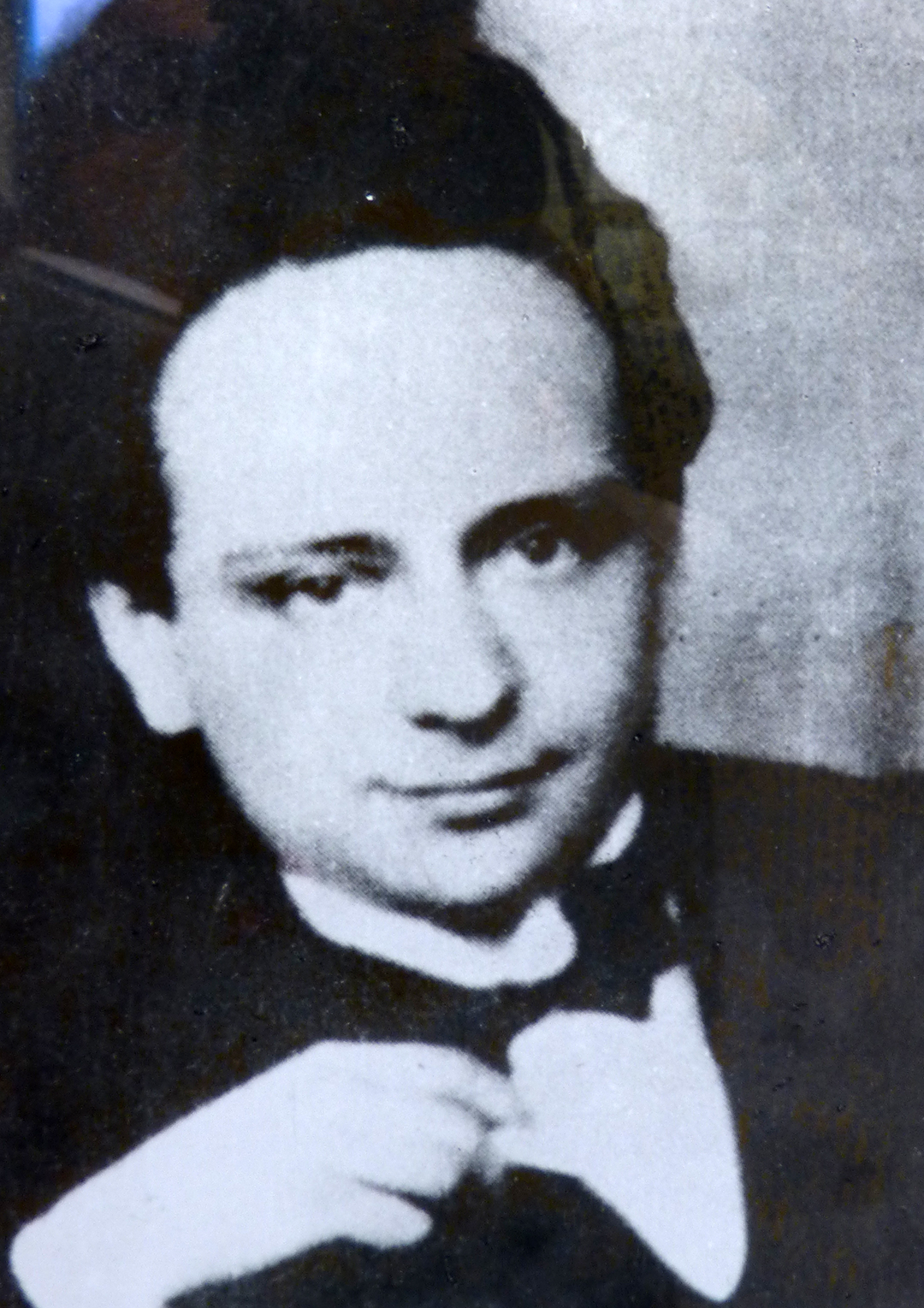
They gathered in front of the presidential building. Business people, magnates and hand-picked allies were invited to attend and listen to their incumbent leader. The country faced a winter election. And those invited, that day, were told their leader would assure them of victory.
“We must stand before the election,” the leader said to the assembly of his faithful. “Regardless of the outcome, there will be no retreat. [If defeated] we will remain in power by other means, with other weapons.”
The date was February 20, 1933. The location was the presidential palace in Berlin. The election was the last election in Germany prior to the World War II. Seven days later, Nazi sympathizers used a secret tunnel to enter Germany’s national assembly building. Inside the Reichstag building, they scattered gasoline and lit the fire that would destroy all but the outer shell of the Parliament (not restored until German reunification in 1990). (more…)
